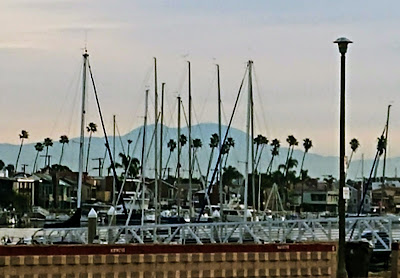Rereading Their Letters: Flaubert & Sand
Barnes returned me to "A Simple Soul" to see the parrot. That prompted me to return again to the letters. Some three hundred in all, but an easy read. My selection might insinuate that I'm a mild Flaubertophile. I won't pass judgement. * F. to S.: At the present time I am disheartened by the populace which rushes by under my windows in pursuit of the fatted calf. And they say that intelligence is to be found in the street! S. to F.: I forgot to get three leaves from the tulip tree, you must send them to me in a letter, it is for something cabalistic. F. to S.: I a mysterious being, dear master, nonsense! I think that I am sickeningly platitudinous, and I am sometimes exceedingly bored with the bourgeois which I have under my skin. Sainte-Beuve, between ourselves, does not know me at all, no matter what he says. I even swear to you (by the smile of your grandchild) that I know few men less vicious than I am. I have dreamed much and have done very li











